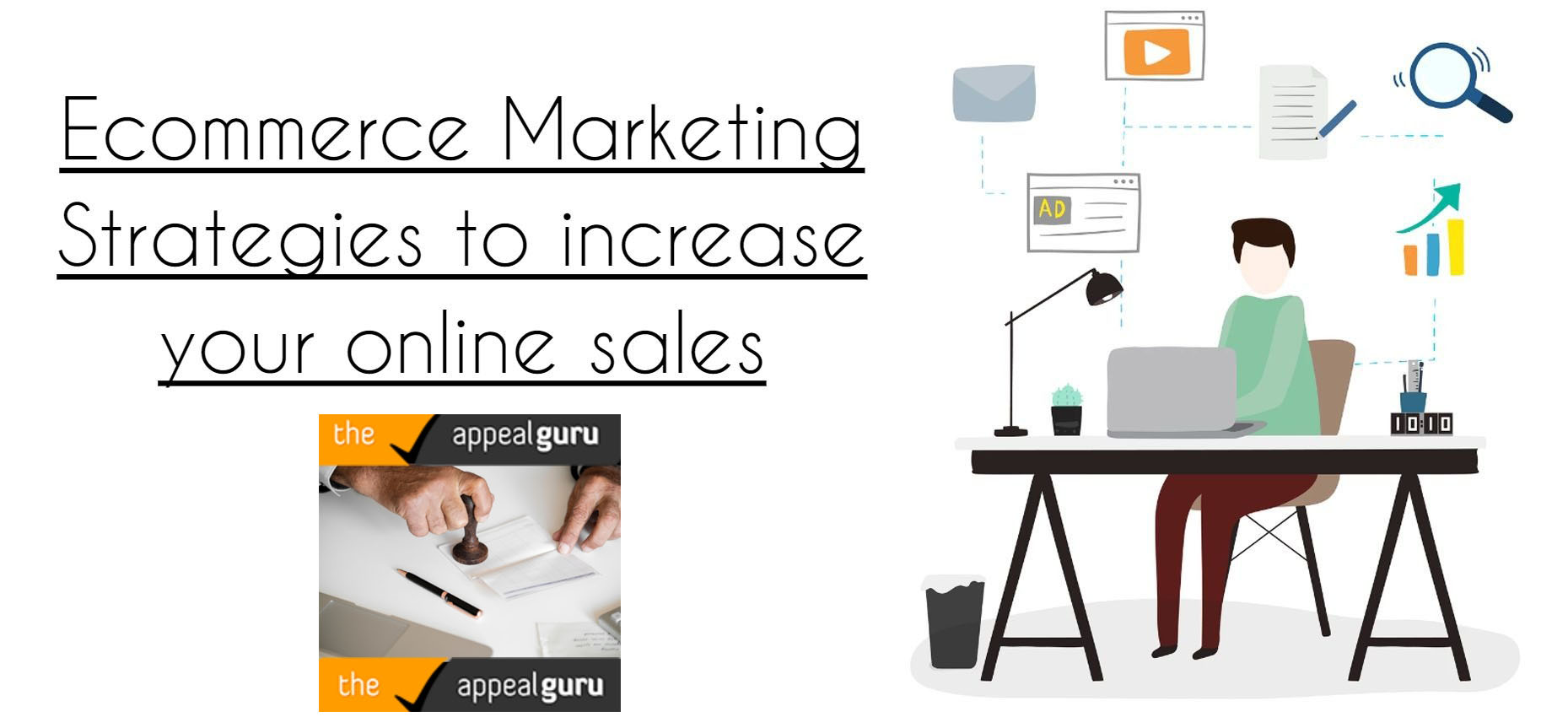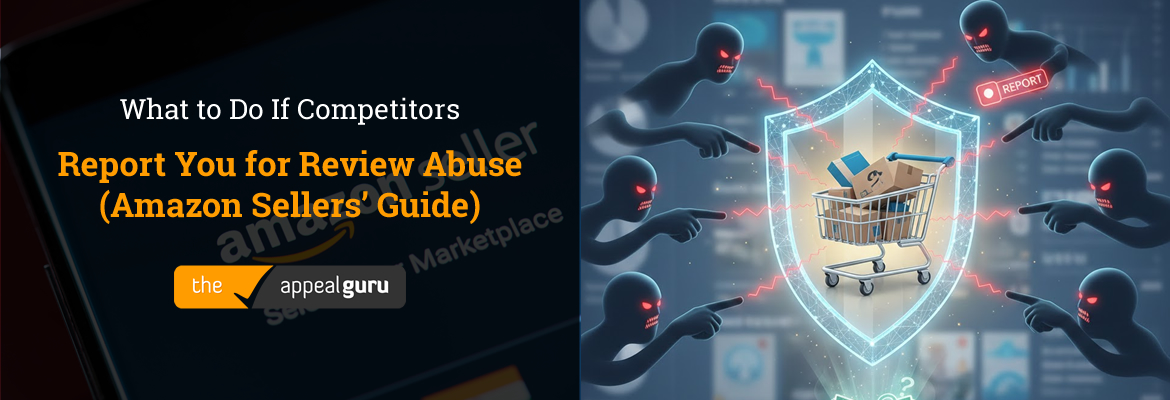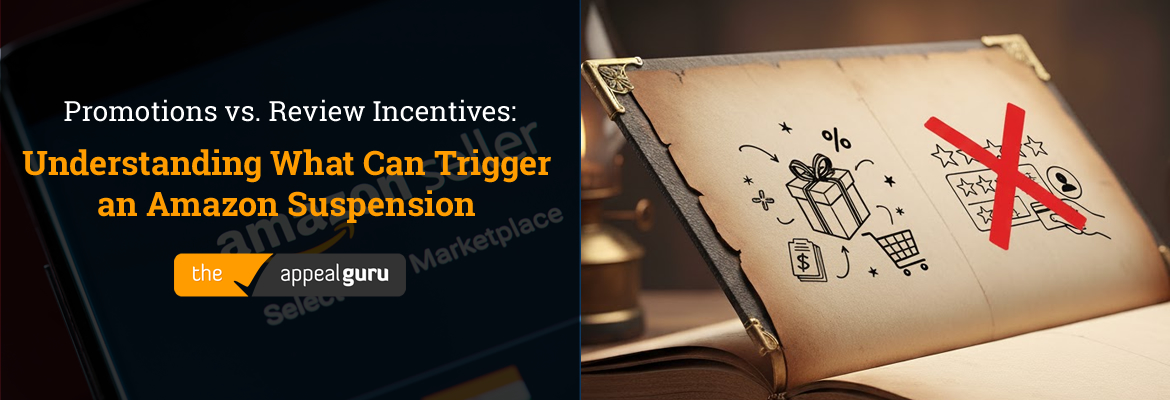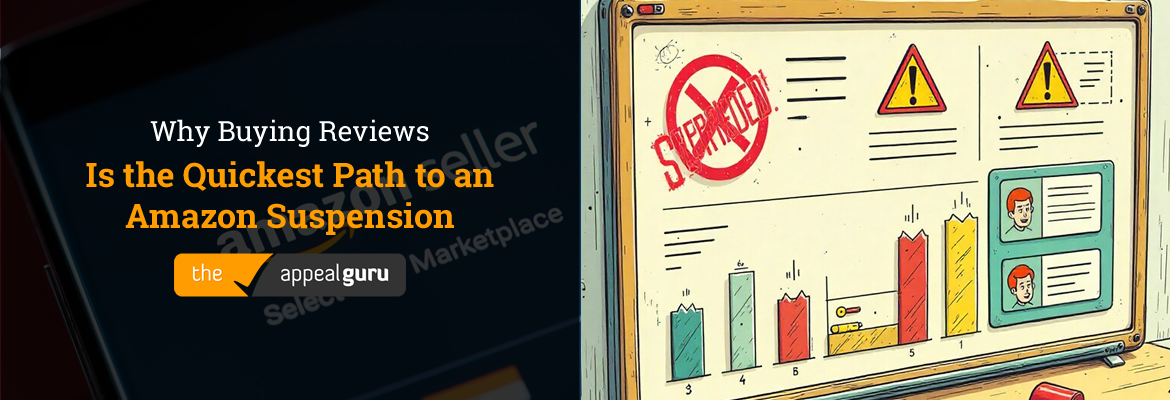There is a ton of competition online for e-commerce businesses and to stand out from the crowd is essential. If you are running an online store you need e-commerce marketing strategies to gain new customers as well as attract old customers to keep coming back to your store.
There are many different marketing strategies in the business world, but in this article, we will focus on the most essential strategies you can use to set yourself apart and get more sales.
What is e-commerce marketing?
E-commerce Marketing is the process of driving sales by aligning goals, strategies, and tactics to grow your brand online, retain loyal consumers and attract new shoppers. E-commerce marketing is essential for business as it will bring traffic to your online store, build relationships and trust with customers, and get back those lost sales also.
E-commerce Marketing Strategies:
1 Search Engine Optimization (SEO) :
SEO may target different kinds of search, including image search, video search, academic search, news search, and industry-specific vertical search engines.
There are two “types” of SEO:
On Page: – On-page SEO means the process you do to improve your ranking on your website.
Off Page: – Off-page SEO means the process you do on other sites which will affect your rating.
Example:
| On Page | Off Page |
| Keyword Research | Link Building |
| Good Content | Social Shares |
| HTML Optimization | Local SEO |
| Site Architecture |
2. Pay-Per-Click (PPC) Advertising:

It is internet advertising used to drive traffic to websites, in which advertisers pay each time a user clicks on one of their online ads. It is also known as CPC (Cost Per Click). One of the most common types of PPC is paid search ads. These ads appear when people search for things online using a search engine like Google.
In PPC advertising, we have to pay the search engine only when our ad gets clicked by a visitor and visits our webpage.
. The basic formula of Pay Per Click is:
Pay-per-click ($) = Advertising cost ($) / Ads clicked (#)
PPC advertising is available through two main providers: Google (AdWords program) and Microsoft (Bing Ads program).
Benefits:
- Contributes to Business Goals
- Easy to measure and track results
- Offers quick entry
- Works with other marketing channels also
- Customizable
- Cost Effective
3. Content Marketing:

Content marketing is a form of marketing focused on creating, publishing, and distributing content for a targeted audience online. It focuses on building a strong relationship with the audience by producing and promoting authentic content that is relevant to them on a frequent basis.
Forms of Content Marketing:
- Blog posts
- Infographics
- News
- E-books
- Motion Graphics
- email newsletters
- Research Study
- Storytelling
- Podcasts
- how-to guides
- Testimonials
It must be consistently updated and added to in order to influence the behavior of customers. According to Pareto’s 80/20 rule, advertisements should consist of 80% informational content, and 20% promotional content.
4. Social Media Marketing:

Social Media Marketing is the use of social media platforms to promote product or service. It is an excellent way to build and nurture relationships with customers. Social media marketing is becoming more popular for both practitioners and researchers.
Best Social Media Platforms for Marketing:
- YouTube
These Social networks allow brands to share content, connect with customers, receive feedback, and resolve potential problems quickly.
5. Email Marketing:

Email marketing is one of the most convincing forms to keep in touch with customers by offering them updates on new products, special promotions, and information that will ultimately allure them to make purchases from your store. The return on investment on email is also typically very high than channels like social media, direct mail and paid search. Marketing emails can be sent to a purchased lead list or a current customer database.
Benefits:
- Cost-effective
- Easy to share
- Helps to reach the global audience
- Increases Brand Awareness
- Personalize easily
- Conversions and increased sales
- Time-saving
- Easy to track and measure
- Helps to build credibility
- Helps to strengthen relationships with customers
- Provides real-time communication
E-commerce Marketing Tips to Drive More Sales:
- Improve your email campaigns
- Reduce abandoned carts
- Optimize your checkout process
- Adding Live Chat
- Launch a Facebook Store
- Make your online store mobile friendly
- Have a loyalty program
- Ask Customers for Reviews
- Automated email marketing campaign
Most Used eCommerce marketing tools:
- Google Analytics
- MailChimp
- Hotjar
- Unbxd
- Zendesk
- Optimizely
Conclusion:
Keep the above mentioned strategies in mind. Remember to plan carefully, choose tools and platforms that can help to Successfully run an e-commerce business.






